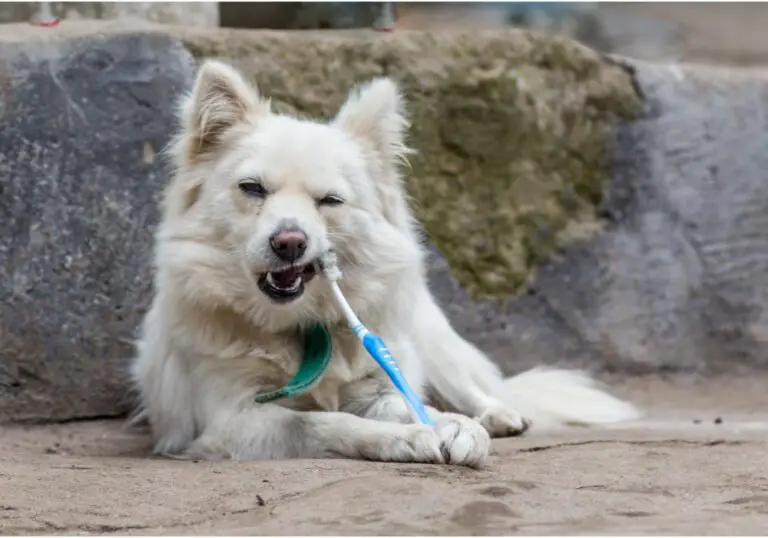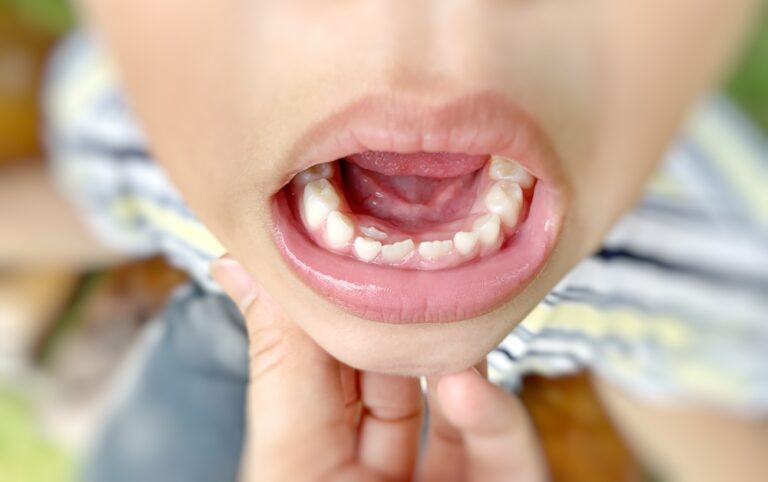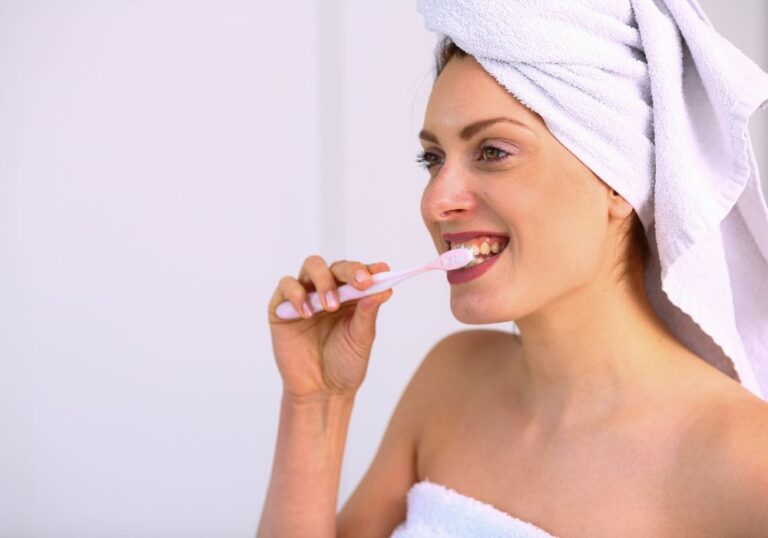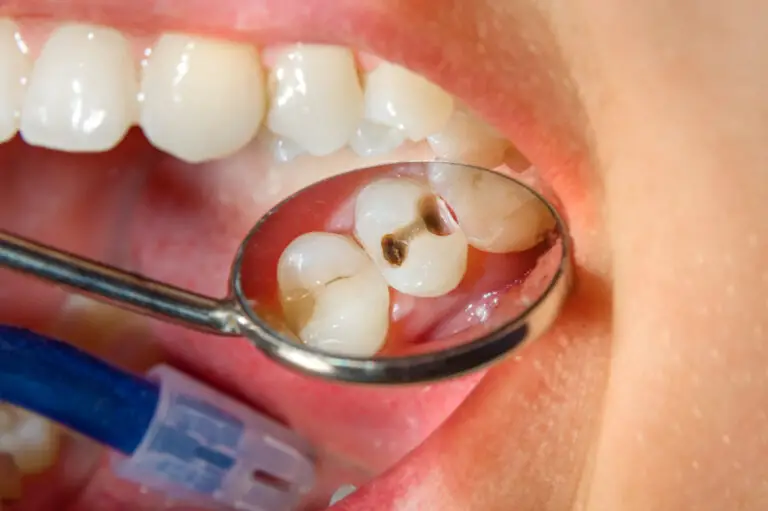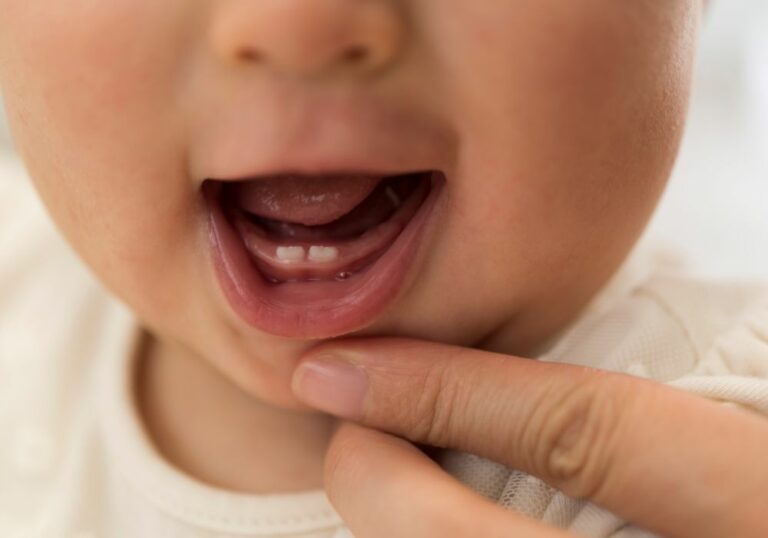Having your teeth removed and dentures put in is bound to come with some lifestyle changes, one of which is what you eat. This means you may need to put a pause on or even say a permanent goodbye to some of your favorite meals while adjusting your diet to suit your artificial teeth. However, do not worry, because there are some delicious foods you can enjoy with your dentures in place.
Some of these foods include:
- Soups
- Eggs
- Soft fruit
- Pudding
- Cheese
- Pasta
- Tofu
- Smoothie
- Yogurt
- Oatmeal
- Custard
- Mashed potatoes
In this post, we’ll fill you in on suitable meals to eat after getting your teeth pulled, what to avoid eating so as not to cause oral discomfort and denture-friendly foods to include in your meal plan.
What to Eat Immediately After Tooth Extraction?
Much like any new wound, you must treat the delicate areas where your teeth once were with care. This would mean eating foods that aren’t so spicy and hard but have healthy nutritional content. Likewise, you’ll need to ensure your meals aren’t too hot or cold, as these extreme temperatures can increase gum inflammation.
In the first 48 hours after tooth extraction, sticking with liquid meals such as soup and broth is best. Ensure your soups don’t contain pieces of meat or other items that may be hard to chew. We suggest you go for chicken soup, gazpacho, tomato soup, and regular cabbage soup.
While making these soups, it’s advisable to leave out ingredients like seeds and grains that can get stuck at the extraction sites because they may slow the healing process and cause even more complications.
Equally, you can opt for warm water and beverages, but be sure to avoid using straws while taking them because doing so can cause the formed blood clot to shift and, in turn, delay the healing process.
Here are some soft foods we recommend you stick with during the healing phase after having your teeth pulled out.
Soft Foods Recommendations During Your Healing Phase
Soft foods are much more tender and contain no hard, chewy, or crunchy texture. You should only eat these kinds of food after tooth extraction because they’re easy to swallow and reduce chewing discomfort.
Here are some common soft foods to aid your healing process:
- Puree Soups
Puree soups are a sure soft food option if you’re looking for meals with lots of nutritional content that match that of whole foods. These soups are delicious and help speed up your healing process as they contain various vitamins necessary for wound healing.
Remember to let your soups cool before eating them to avoid mouth irritation from consuming hot food.
- Smoothies
One thing you’re sure to love after having your teeth pulled out is a glass of smoothie. With a lot of fruits, vegetables, and other ingredients like yogurt, protein powder, and nut butter to pick from, smoothies offer a wide range of flavors and nutrients. Also, its high vitamin content boosts your immune system and accelerates your healing process.
- Cottage Cheese
Packed with lots of protein and vitamins, cottage cheese is a healthy meal when recovering from tooth extraction. You’ll surely enjoy this soft and tender meal as it has a unique, mild flavor that won’t irritate your inflamed oral cavity.
More interestingly, cottage cheese requires no chewing and has a silky smooth texture that soothes your teeth extraction sites. So be sure to include it in your diet.
- Greek Yogurt
Greek yogurts are an excellent source of protein and provide your body with adequate enzymes needed for your inflamed extraction sites to heal. After tooth extraction, They offer a much-needed soothing sensation that your mouth needs.
Even better, Greek yogurts are a great choice because you can pair them with seedless fruits like bananas and add honey for extra flavor.
- Instant Oatmeal
Having oatmeal for breakfast is an excellent way to start your day, especially when healing from a teeth extraction surgery. Oatmeals are rich in proteins and vitamins needed during your healing phase. Asides from that, this meal is mushy and easy to swallow, so you don’t have to go through the stress of chewing.
- Mashed Potatoes
The list won’t be complete without the good ol’ mashed potatoes. This meal is a necessary dietary addition as it offers the much-needed carbs your body needs for energy during wound healing. Asides its nutritional content, mashed potatoes are delicious and have quite a number of recipes for you to enjoy.
However, remember to only prepare recipes that are smooth and easy to swallow.
What to Eat After Having Dentures Implanted?
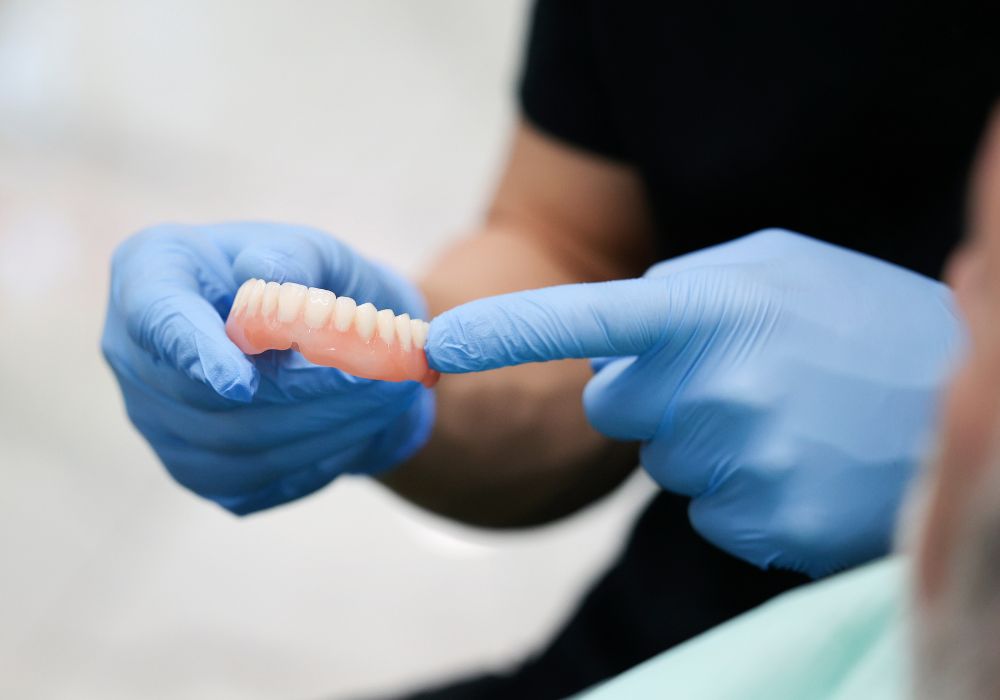
After having your dentures fixed, you may want to begin transitioning to solid foods. Here are some recommended solid food options:
1. Eggs
Eggs are a much-needed meal choice as they are an excellent source of protein. Their tender texture also makes them an ideal meal for people with dentures. Either as scrambled, boiled, or even omelets, you can consume eggs easily without worrying about chewing or tearing.
To make your egg even more tender and easier to chew, cook it for a bit longer than normal.
2. Pasta
Everybody loves pasta, and it’s great that you can still enjoy it even while on dentures. However, to make this food more denture-friendly, you may need to make some changes to how you prepare it.
First, ensure it’s well-cooked until soft to make it easy to chew. Also, do not add any hard meat or chewy vegetables.
3. Tender Fish
Being able to eat solid animal proteins like fish while on dentures is a huge relief, particularly if you aren’t a vegetarian. Including fish in your diet comes with many health benefits and numerous recipes. However, not all fish are denture-friendly.
Be sure to opt for tender fish varieties such as salmon and tilapia, as they are soft and don’t require much chewing.
4. Slow-Cook Meat
Although meat isn’t exactly a soft food, cooking it for a long time makes it more tender, even to the point where you can easily tear and eat without having to do much chewing.
Aside from a tender texture, slow-cooked meat like chicken, pork, or beef soaks up more flavor because of its slow-cooking process, making it an easy-to-eat meal with excellent taste.
Denture-Friendly Snacks and Desserts You Can Eat After Having Denture Insertions
If you’re a sweet tooth, you can still have some delicious and healthy snacks and desserts with your dentures.
Let’s look at a few of them.
1. Denture-Friendly Snacks
- Soft Fruits: Soft seedless fruits like bananas, avocados, melons, and peaches are healthy and easy to snack on with your dentures.
- Cream Cheese: This soft cheese is one creamy and delicious treat to snack between meals. It has a smooth texture and does not require much chewing, making it suitable for those with dentures.
- Applesauce: As a puree snack, applesauce provides the right texture and flavor for your newly-implanted dentures. Keep in mind that you’ll enjoy this healthy snack better without sweeteners.
2. Denture-Friendly Desserts
- Ice Cream: Although you can’t have ice cream immediately after your teeth extraction and denture implant surgery, you can enjoy it after fully recovering. However, it’s best to have your ice cream in a semi-melted and less cold form.
- Soft Cake and Muffin: Yes, you can still have cakes and muffins as long as you do away with the hard and crunchy parts. You can also munch on soft cookies as an alternative.
- Pudding: Puddings are a delight to the palette, especially if you love desserts. You can enjoy a variety of this sweet, soft, and creamy treat without worrying about your dentures.
What to Drink After Having Your Teeth Pulled and Dentures Put In?
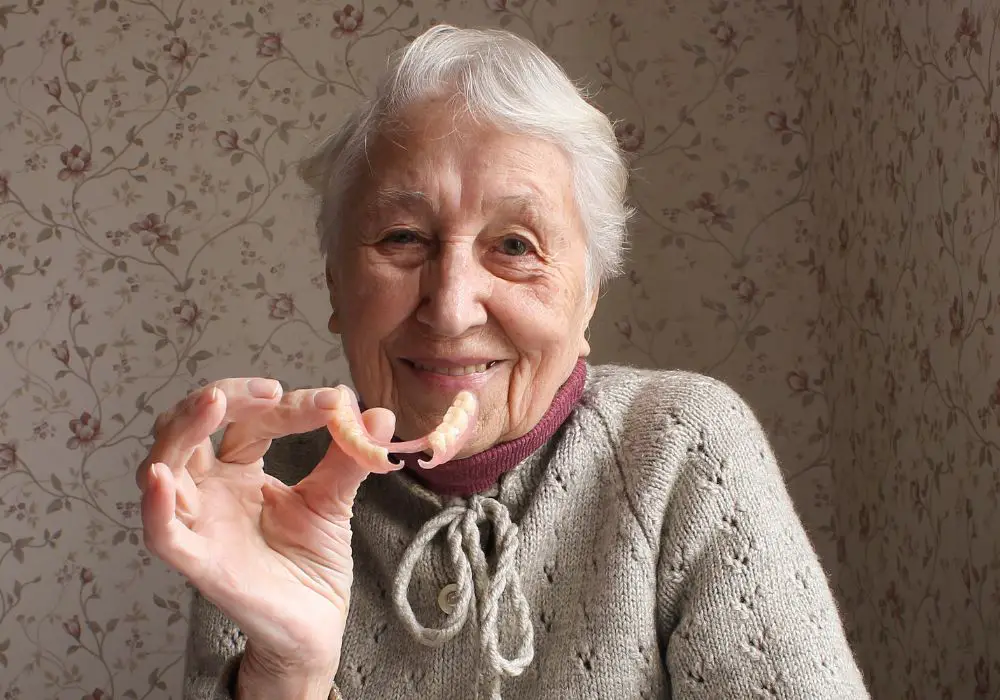
Hydrating is important in your recovery, especially if you underwent oral surgery to extract your teeth and implant dentures. Here are some recommended drinks and beverages to keep you hydrated:
1. Water
Water is the healthiest drink as it has a balanced pH level and won’t mess with your dentures. Also, it’s been proven that water aids the healing process, so it’s only wise to have as much of it as possible.
2. Fruit Juice
Fruits contain a lot of essential vitamins and nutrients needed for recovery, so having a cup or two daily will assist in speeding up your healing process. Ensure you avoid acidic and pulpy fruit juices, as they don’t favor newly implanted dentures.
3. Herbal Tea
For a soothing sensation, opt for healthy herbal teas like ginger, hibiscus, or chamomile. Be sure to drink them lukewarm so as not to incur any irritation.
4. Dairy Products
As long as you aren’t lactose intolerant, you can have a glass of milk or yogurt. The drink helps soothe your inflamed oral cavity and brings you some relief.
5. Protein Shake
A protein shake is a healthy drink made with protein powder, milk or yogurt, and soft fruits. This drink gives you enough protein to speed up your recovery.
Foods to Avoid to Prevent Discomfort and Complications
Although there are a variety of foods to eat with dentures, there are a few items to avoid in your diet.
1. Crunchy Food
Stay clear of snacks like popcorn, chips, and hard candies if possible. The reason is that munching on these crunchy foods can put extra pressure on your dentures and may end up causing irreparable damage to them.
2. Carbonated Drink
Fizzy drinks like soda contain substances that can wear off your dentures, causing them to become loose. Therefore, it’s best to avoid them.
3. Seeds and Nuts
Due to their small size, seeds from fruits like melons, strawberries, and kiwis can get stuck in your dentures. Likewise, fragments of nuts, like cashews and hazelnuts, can also cause you some discomfort if trapped within spaces in your dentures.
Conclusion
Although we’ve provided detailed information on what to eat after having your teeth pulled and dentures put in, we recommend you seek advice from your dentist on more suitable meal suggestions tailored just for you.

